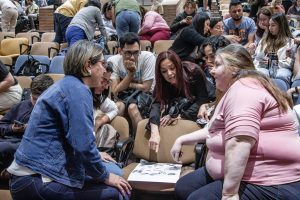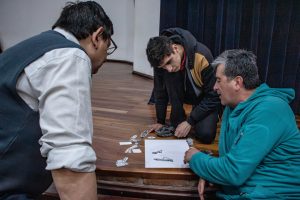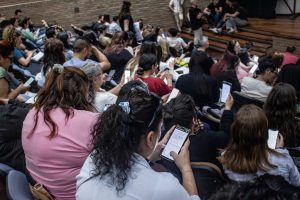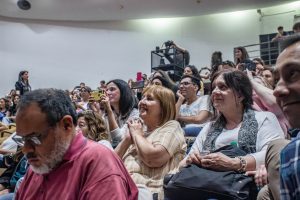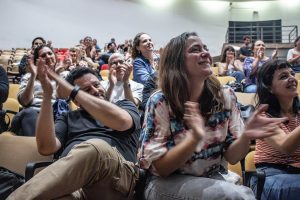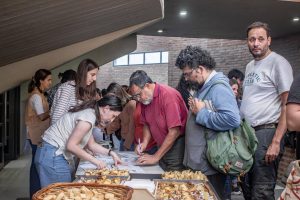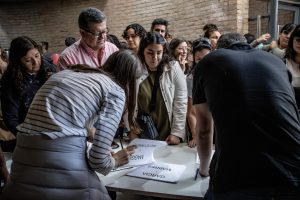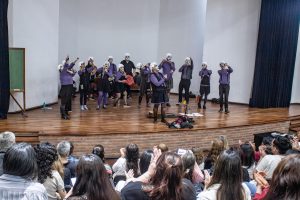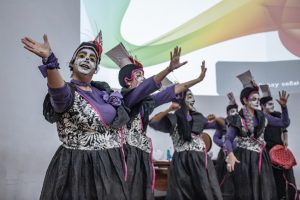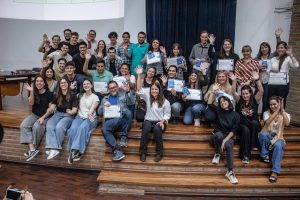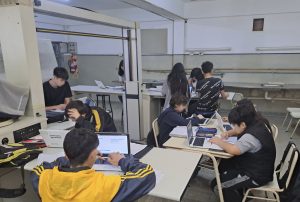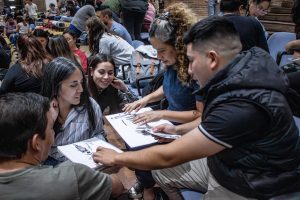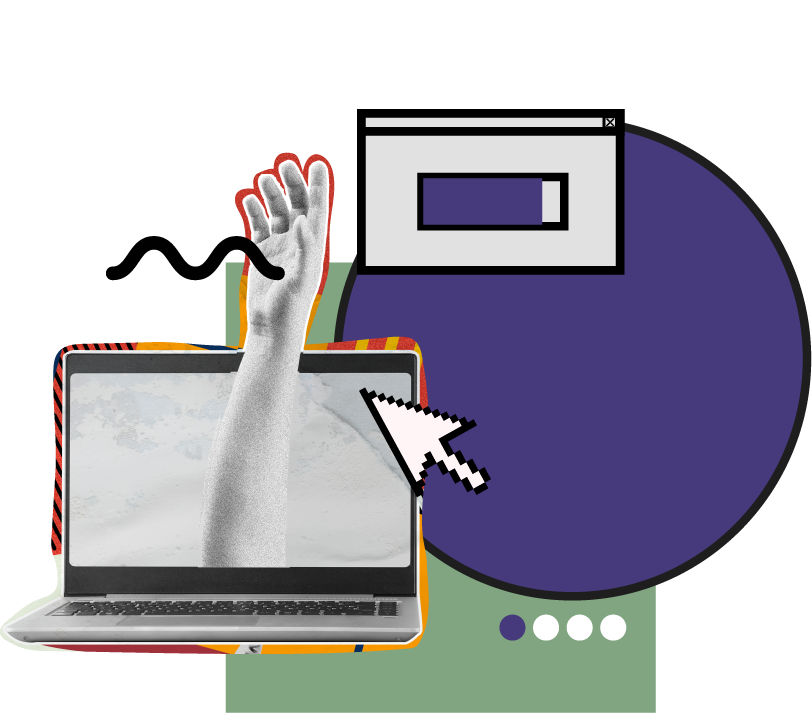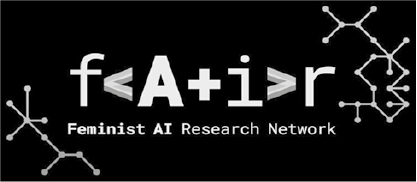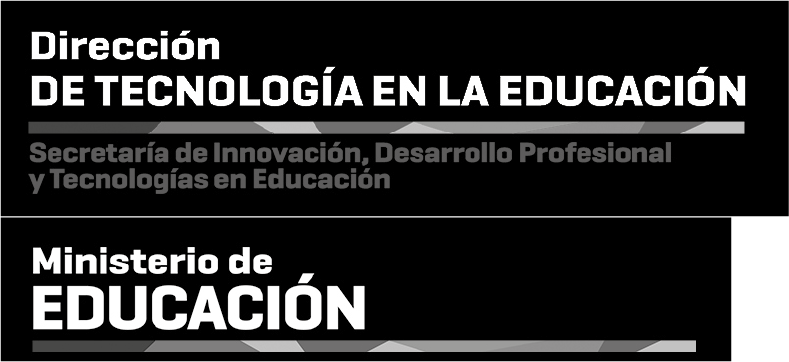On Saturday, October 26, we held the closing session of HESEIA, a professional development program for secondary school teachers from Córdoba. We’re thrilled to have completed this extension course (RCD 205/2024), delivered in partnership with FAMAF, National University of Córdoba and Córdoba’s Ministry of Education.
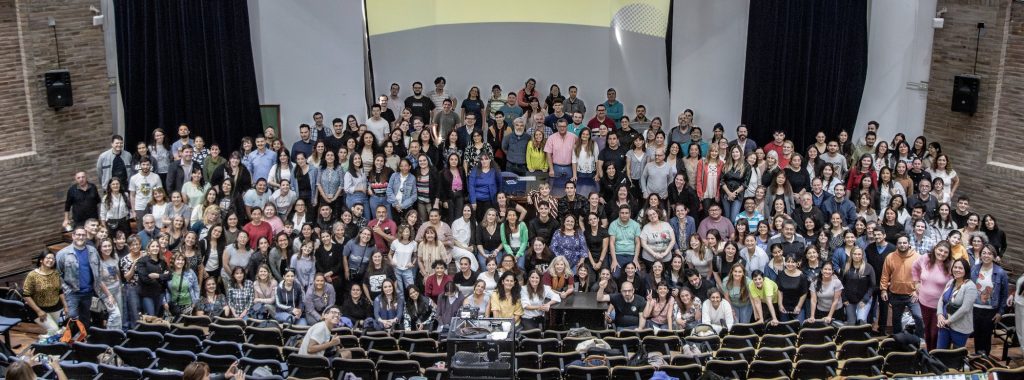
Our initial goal was to engage 200 teachers, but we were thrilled when 700 signed up within just 48 hours! The program ultimately trained 370 secondary school educators—evenly split between Social Sciences and STEM fields—with one-third teaching in provincial cities outside Córdoba Capital. These teachers are now equipped to implement these practices in their classrooms. The course concluded with 260 educators using EDIA to analyze biases alongside their 5,000 students. We also achieved our parallel goal of developing locally relevant AI evaluation tools, compiling 45,000 bias-tagged linguistic expressions—an impressive 80% of which were student-generated!
Class Summary
Saturday’s Closing Celebration
Beyond the teachers sharing their classroom implementations, we also held an awards ceremony! Out of 48 nominees, 15 educators were recognized for their outstanding projects. The event concluded on a festive note with a performance by the murguero group ‘A Otra Cosa Mariposa’.
This professional development program brought together experts in digital law, education, and computer science—all made possible by our incredible cross-disciplinary team. This is just the beginning: One of our key goals is to systematize and share the outcomes achieved so far, while also expanding this project’s reach across Latin America.
📹 In this video, participating teachers share how they implemented these practices in their diverse classrooms. While every educator’s journey was unique—and we couldn’t feature all 260 course graduates—we’ve selected powerful examples showcasing critical engagement with AI, hands-on use of the EDIA software tool and key takeaways from their work. We hope you’re as inspired by their stories as we are!
Thank You to everyone who made this project possible. We hope these experiences inspire more people to take an active role in shaping AI’s future. None of this would have happened without the generous support of #DataFutureLab at Mozilla, the FAIR Network, DataEmpFund, and Google Academic.
.
